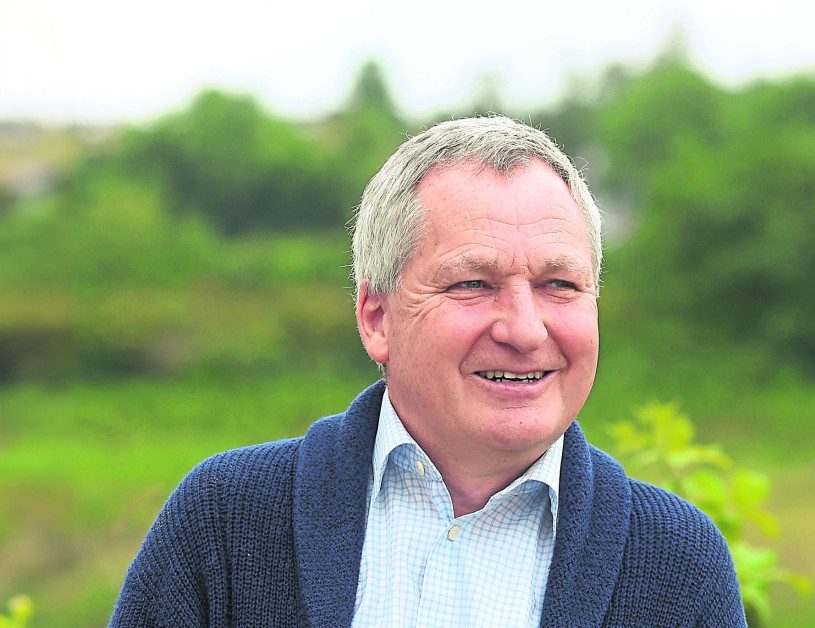By Kate Heaney
OWNERS of Donegal’s many bogs may see a lucrative income from their lands in the future, if a company founded by a Creeslough native becomes a major trader in carbon credits.
Cathal Friel’s company European Green Transition plc (EGT) plans will also dovetail with the EU’s drive to re-wet bogs.
It will allow farmers to retain ownership and provide an income capturing carbon from the atmosphere, as properly functioning wet bogs naturally do.
Cathal and his team in Raglan Capital IPO’d European Green Transition plc on the London Stock Exchange earlier this year in April and it’s their fifth successful IPO in recent years.
Already in the first three months since IPO, the share price has risen in the region of 40 per cent.
EGT describes itself as aiming to acquire high quality green projects which are distressed, under-valued and capital restricted.
Through strategic, disciplined investment, the team will generate significant operational improvements and create value for shareholders.
EGT’s current green economy projects are located in Sweden, Cyprus, Ireland, and Germany, with further opportunities under review.
Cathal Friel, is the MD of Raglan Capital, an investment company he founded in 2007.
It initially provided corporate finance services to companies but has, more recently, morphed into a business which creates its own in house, developed companies that look to rapidly list on the London Stock Exchange.
Their portfolio includes Poolbeg Pharma involving well-known Professor Luke O’Neill of Trinity College. One of their products is an advanced cancer treatment.
Speaking to the Donegal News this week Cathal explained that through EGT their vision is for bog owners in Donegal, Mayo and across the west coast to be able to get well above the normal rate for peatland carbon credits.
The normal cost of offsetting a ton of carbon for an airline, cement manufacturer or other carbon emitters is around €25 per ton. In contrast, a properly managed rehabilitated bogland has the potential to generate carbon credits trading at up to €200 per ton. This revenue would then be shared by EGT and the landowner as part of EGT’s revenue sharing model.
“Around the 1800s we started harvesting turf which explains the numerous drains in the bogs,” Cathal explained.
“A natural bog is like a big sponge but because of these drains the water escapes from the bog which dries and allows carbon captured in the bog to leak out.
“We have joined forces with a Swedish man who owns around 1,500 acres close to Errigal which he bought back in the 1970s known as Altan Farm.
“We have taken an option on the land with a view to maximising the carbon credits it can generate. We envisage somewhere in the region of €50,000 to €100,000 a year. This option buys us time to figure out how we make the project work, scale the project by bringing in new sites and build a model to generate carbon credits,” Cathal said.
Rainfall here brings down water but that water also carries carbon dioxide.
If the bog is heavily wetted and properly functioning, the carbon remains within the bog and only the water evaporates upwards again.
He acknowledged that blocking up the existing drains in boglands will cost money, but they have other funds to do this.
“Anyone with bogland out there we would be delighted to hear from you with a view to doing a deal while they hold onto the land. It also means those buying carbon credits from us can actually come and see where and how it is being done.
Bogland owners interested in discussing the issue with EGT can go to their website at europegreentransition.com or telephone 087 2365300.










